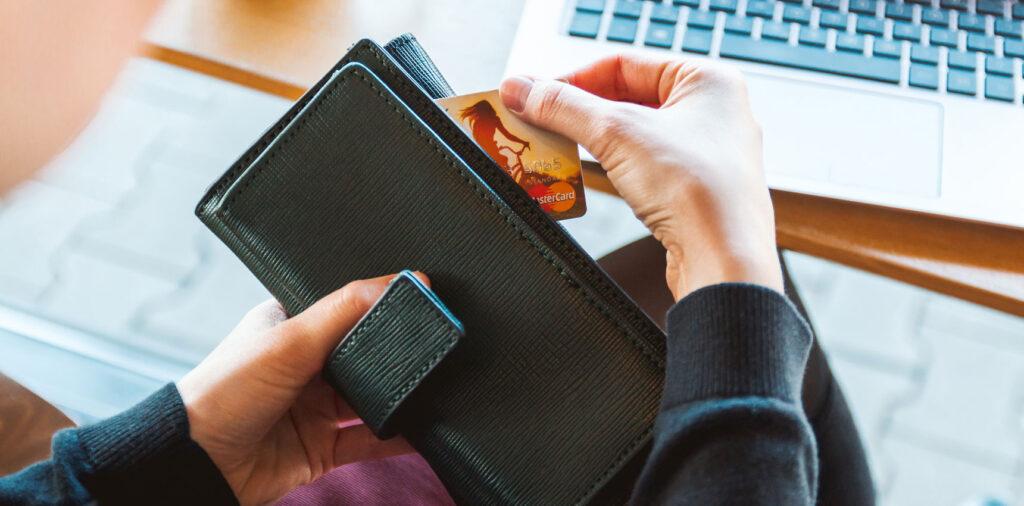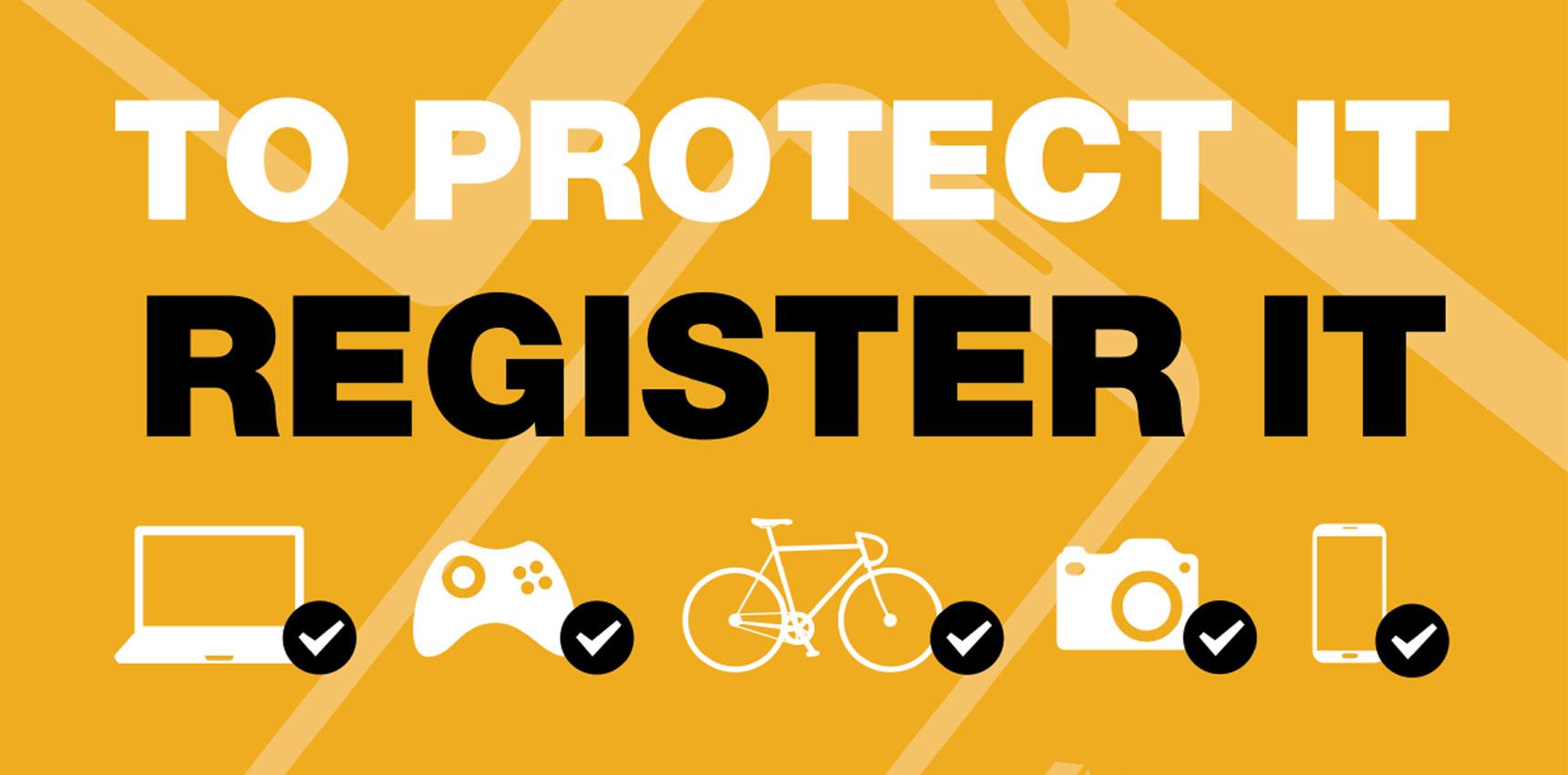Our shopping habits have changed over the years with online purchases accounting for 26.5% of sales in 2022 – that’s over double the amount spent online 10 years ago. Shopping online is convenient, easy and can be done from almost anywhere- there’s no wonder it continues to grow in popularity.
But an increase in online shopping means we’re at more risk of falling for scams and the National Cyber Security Centre is warning shoppers to be extra vigilant as fraudsters employ artificial intelligence (AI) to dupe victims.
This month we’ve put together a helpful list of dos and don’ts to help you stay safe when shopping online during the festive season.
Make Sure Your Device is Secure
However you shop online – whether on your smartphone, tablet or PC, always make sure your device is up to date with the latest operating system. This will ensure you are protected against any security or privacy weaknesses. If you haven’t already, then install a reputable antivirus software and remember to check for updates regularly.
Be Careful Where you Shop
Generally, you’re safer when shopping on sites for well-known big brands – they should have robust security systems to help prevent data breaches. This doesn’t mean you should avoid small businesses, but you do need to take a bit more care- check the authenticity of website links by searching the web address manually (don’t click on links you’ve been sent from 3rd parties). Google has a handy URL checker to help you verify the safety of a link- simply copy and paste the link into the checker. Look at reviews and feedback from trusted sources such as consumer websites like Which? and Trustpilot.
Use a Credit Card to Pay for Goods
Paying with a credit card gives you extra protection if things go wrong. Under Section 75 of the Consumer Credit Act you are covered by credit card protection if you use your credit card for purchases for single items costing over £100 and under £30000.
Debit card transactions are not covered under Section 75, but they do protect purchases under £100 via chargeback. Do not agree to pay for goods by bank transfer.
When you are completing a purchase online always check the site is secure in the browser address bar. Although this doesn’t actually protect your purchase it does ensure you are using a secure connection, vital when you are inputting sensitive data online!
Be Vigilant
Scammers and fraudsters will be upping their game as we head towards December so expect an increase in spammy emails, questionable texts about missed deliveries and dodgy ads on social media. Last year Which? reported that 1 in 6 were targeted by scam ads.
When Things Go Wrong
If you order a product or service and things aren’t quite right, then in the first instance you should try to resolve it with the retailer. If you need to take things further then check out this useful guide from the Citizens Advice Bureau. It has all the information you need when trying to claim refunds when you pay by PayPal or card.
If you accidently click a dodgy link then don’t panic – run your antivirus software to do a thorough check of your device and contact a professional IT technician for further advice.
Article written by Ben Hemp from File Genie who is a member of Peterborough Business Directory.





